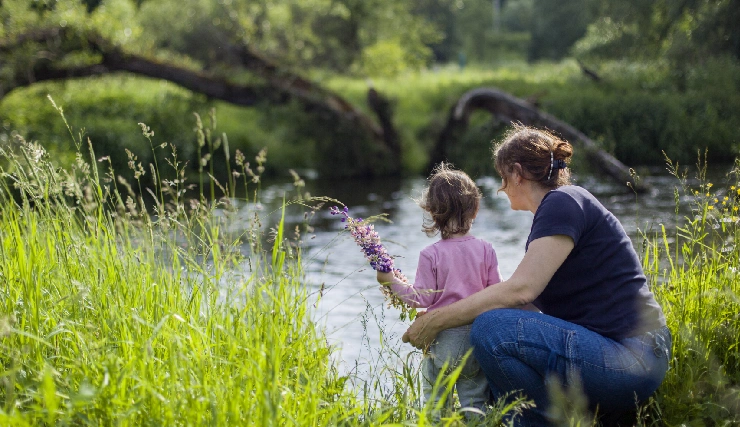Tracy is helping to shape a research project we're funding at the University of Oxford, which focuses on supporting and monitoring people across the UK who have type 1 diabetes autoantibodies. She got involved after her daughter – Jaz – tested positive for these autoantibodies. They indicate a high risk of developing type 1 diabetes in the future, or that someone is already in the early, symptom-free stages of the condition and will eventually progress to needing insulin therapy.
A new diagnosis
We didn’t have type 1 diabetes in the family, and originally, I didn’t really know much about it – just that it meant you needed insulin.
Then, my son Joe was diagnosed in 2017, when he was 13. He was very unwell with diabetic ketoacidosis (DKA) and ended up in the high dependency unit. That was our crash-course introduction to type 1 diabetes.
After that, we were invited to take part in a regional research study, which was looking at family members of people living with type 1 diabetes. My husband, our daughter Jaz and I all took part.
"We were happy to do anything that would help researchers understand the condition more."
We had a blood test that looked for signals called type 1 diabetes autoantibodies. These are early indicators that type 1 has started to develop. That’s how we found out that Jaz had these autoantibodies. She’d just turned 16.
At the time, we didn’t really understand what having these autoantibodies meant for her future risk of type 1. But I now know Jaz is in stage 1 of early type 1 diabetes. This means she has multiple autoantibodies and doesn’t have high blood sugar levels yet. But it’s very likely she’ll go on to ‘fully’ develop type 1 diabetes at some point and need insulin.


